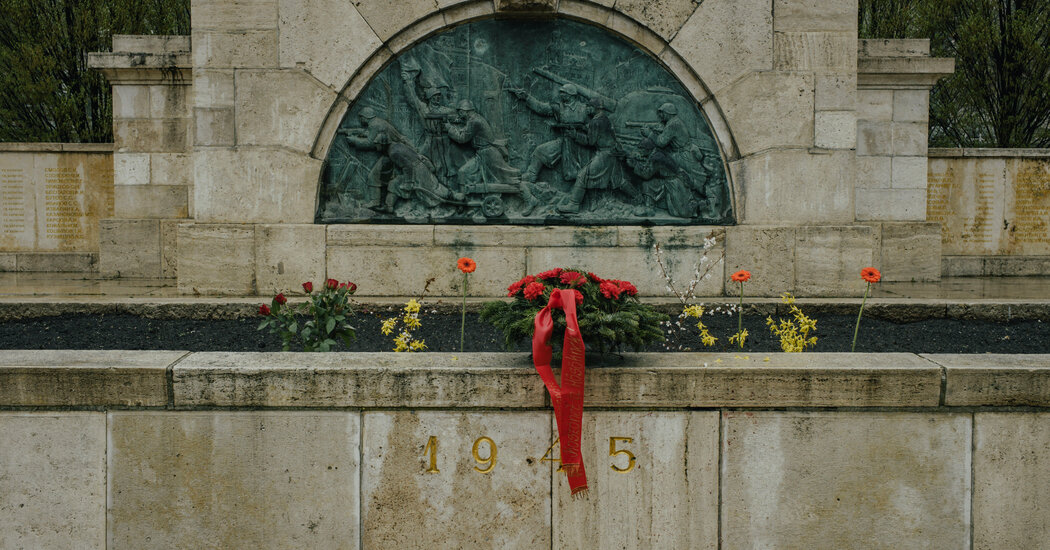Learning from the past is critical today, as Ukraine, the European Union and the United States work to achieve peace. Russia’s war of aggression has shattered the post-World War II security architecture and the international system based on the United Nations Charter and the Helsinki Accords. Its conclusion will form the foundation for a new architecture. We offer the lessons from World War II that must be taken into account if we want to create an enduring peace in Ukraine, rather than a pause before the next potentially disastrous global conflict.
Appeasing the aggressor leads to more aggression, not peace. Concessions on unlawful territorial claims are a disastrous mistake. The partition of Czechoslovakia in 1938 only fueled Nazi Germany’s appetite and resulted in a global war. Learning from this lesson, Ukraine will never accept the legitimization of Russia’s occupation and annexation of any part of Ukraine’s territory. Respect for territorial integrity is a fundamental principle of international law. There will be no sustainable peace and security at the cost of Ukraine’s people, independence, sovereignty or territorial integrity.
Spheres of influence never bring peace and stability. They bring oppression. World War II began when Nazi Germany invaded Poland on Sept. 1, 1939, one week after the signing of the Molotov-Ribbentrop Pact and secret protocols to it between the Soviet Union and the Third Reich, agreeing to partition Poland, the Baltic States and the rest of Europe. Similarly, the victors sought to establish and consolidate their spheres of influence at a meeting in the Crimean city of Yalta in 1945. The cessation of fire in Europe on May 8, 1945, did not bring freedom to many European nations. They remained under Soviet occupation and control and suffered decades of international crimes, oppression and lack of freedom. For many of our states and our people, this nightmare ended only five decades later, with the re-establishment of our sovereignty and independence from 1989 to 1991.
Today Mr. Putin fantasizes about another Yalta, where he can draw borders on Europe’s map, once again undermining international law and the right of nations in Russia’s neighborhood to make their own choices and decisions. We must never allow this. Our principled position is that no third country has veto power over the choice of unions and alliances of Ukraine or any other nation. Ukraine has already made its choice — the choice of the European Union and NATO — and it is not for the Kremlin to scrutinize this.
A lack of accountability breeds future atrocities. Nazi crimes were widely exposed, condemned, investigated and prosecuted, unlike Soviet ones. It’s very important that both totalitarian ideologies — Nazism and Soviet — receive proper evaluation in Europe. More light must be shed on crimes by the Soviet regime, including the deportations and executions of political prisoners in our countries, the destruction of Kyiv’s city center and the Dnipro Hydroelectric Station dam during the Soviet retreat in 1941, the mass-scale deportations of our people to Siberia, the violent repression of the members of anti-Soviet movements and the genocide of Crimean Tatars through deportation from their native land in 1944, to name a few. Hundreds of thousands of people were forcibly removed from their homes, many packed into cattle cars, and sent to remote regions of Siberia from the Baltics states alone. The crime of the Holodomor genocide, in particular, in which millions of Ukrainians starved to death, should have a more prominent place in the European historical understanding.


